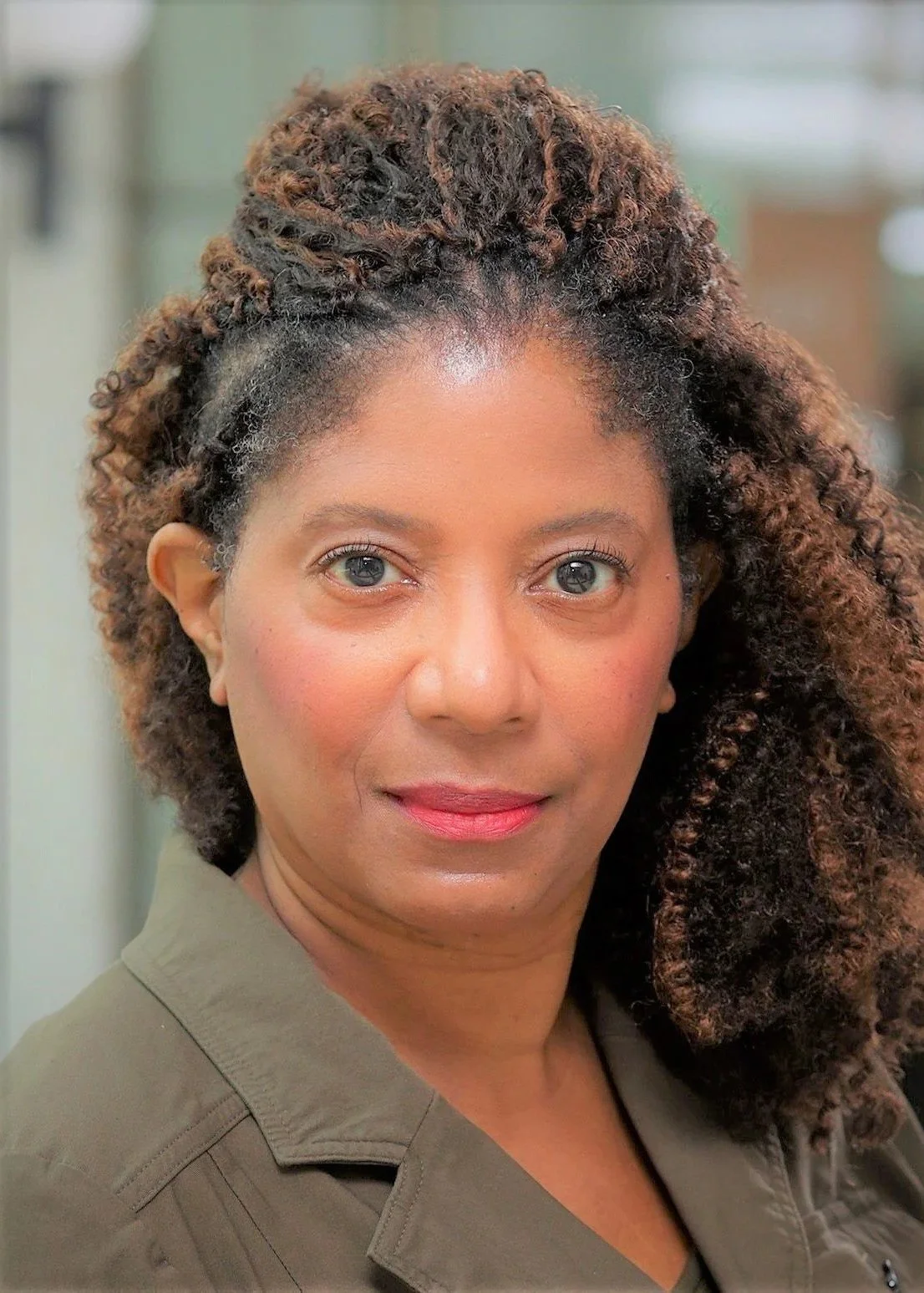Ingrid Waldron
… is building Black community-level leadership for climate resilience.
Ingrid Waldon is an academic, activist, and the preeminent leader and thinker on environmental racism in Canada. Her 2018 book, There’s Something In The Water: Environmental Racism in Indigenous & Black Communities, became a clarion call for environmental justice organizing in Nova Scotia; the following year, it was adapted into an award-winning documentary by Elliot Page.
These days, Waldron focuses her activism through two powerhouse organizations: The Environmental Noxiousness, Racial Inequities and Community Health Project (The ENRICH Project), focusing on community resistance to the impacts of environmental racism; and the Canadian Coalition for Environmental and Climate Justice (CCECJ), co-founded with Naolo Charles, and which is now operating as project of ENRICH. In 2024, the ENRICH project and the CCECJ won the landmark Bill C-226, launching the development of a federal national strategy to address and prevent environmental racism in Canada.
This year, Waldon’s work in the field continues to advance. In Nova Scotia, Ingrid is working through The ENRICH Project to train a cohort of climate resilience leaders across each of the province’s 25 African-Nova Scotian communities.
“My goal is to make them feel prepared, and to hone their skills so they feel they're ready in the face of climate change, to deal with it beforehand and afterwards. Each module addresses a different climate issue, delivered through a lens that centers the history, culture and needs of African-Nova Scotian communities. At the end of the module, the focus shifts to climate resilience”, where the local leader is tasked with working with their community to identify and develop a local resilience solution, and a plan to carry it out.
In Toronto and Hamilton, Ontario, Ingrid recently led workshops for Black community members to identify their climate stresses and adaptation ideas, then helped shape those findings into policy briefs for municipal governments. This year, she’s hoping to develop climate training modules for Black leaders in five Ontario communities, using the same geographic and cultural specificity her team brought to the Nova Scotia module, with an end goal of developing community-led climate resilience plans. “I can’t just do workshops,” says Ingrid, ”I want to see the workshop findings inform policy. The end result always should be policy, because policy changes things.”
“I want to see the workshop findings inform policy. The end result always should be policy, because policy changes things.”
On climate anxiety in African Nova Scotian communities:
“2023 was a bad year for heat waves and flooding in Nova Scotia. So they talked a lot about 2023 during the workshops. Many of them had anxiety – even though no devastation happened in 2024, people said, “What if something happens again? We're really, really nervous.”
So my goal is to make them feel prepared and to hone their skills so they feel they're ready in the face of climate change.”
On the importance of community-led resilience:
“African Nova Scotian communities are not all the same. They each have a different social profile, a historical profile, a geographic profile, a political profile. And I want that to be captured in the climate resilience plan. So one community has one road in and out of the community – they said, ‘What happens if there's an emergency?’ They were fearful. Many of them talked about, ‘What are you gonna do for our elderly folks? Some of them are dealing with mobility issues – what's gonna happen to them?’ So we want to know the specifics, and then tailor a climate resilience plan to each community to recognize the distinctiveness of each of them.”
On how the workshops foster local leadership:
“It's about the ambassadors handing down climate change knowledge to younger people, to other people in their community, in kind of a subtle way. To engage them in climate change, but also to hone and develop their own skills, right? So they feel that they're ready to take on climate change when it hits, more so than before.”


